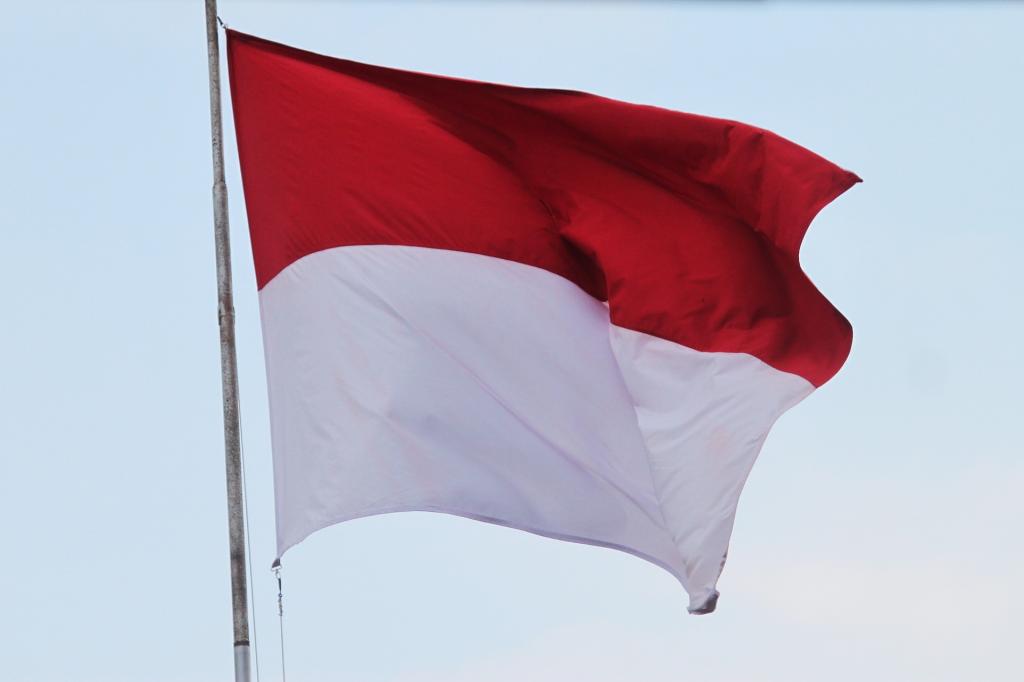Abstract
Civil-military relations will always be interesting to discuss in the democracy system. It relates to power supremacy in a state. Indonesia Post-Reformation of 1998 finds a turning point for civil-military relations. In the five different leadership periods, discover the differences in the patterns of civil and military relations in Indonesian democracy. This paper focuses on the dynamics of civil-military relations in Indonesia for five periods of government (BJ. Habibie, Gus Dur, Megawati, SBY dan Jokowi) within a political perspective seen from the military politics, military and political aspects of the Reformation era. This paper is examined using the literature study method. Indonesia's context shows that explaining and establishing civil-military relations in the transition is not easy. The New order inherited a sufficiently strong political structure in the government by giving the civilian sphere to be filled with the military. On the one hand, the military as part of an Indonesian community or a citizen's part is a state agency that relies on the decision of the political leader. But on the other hand, the military's autonomy of civilians will provide an opportunity to irresponsibly in the name of The Guardian of the State. Interpreting civil-military relations in Indonesia's Democartisation after the reform era becomes more complicated because of diverse understanding. Therefore, it needs to address various models of relationships that can accommodate the Indonesian political-cultural pattern. Keywords: military politics, military, politics, civil-military relation, reform.


